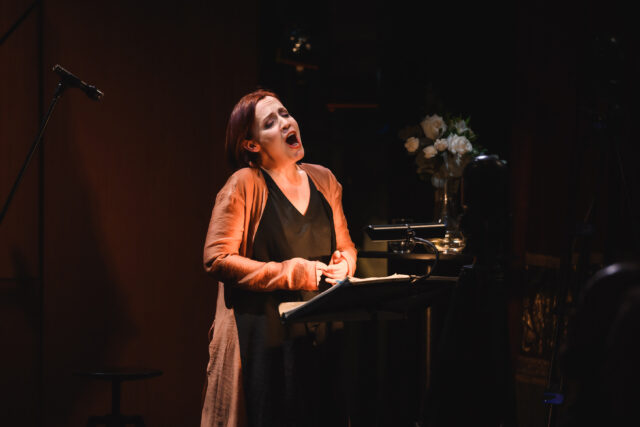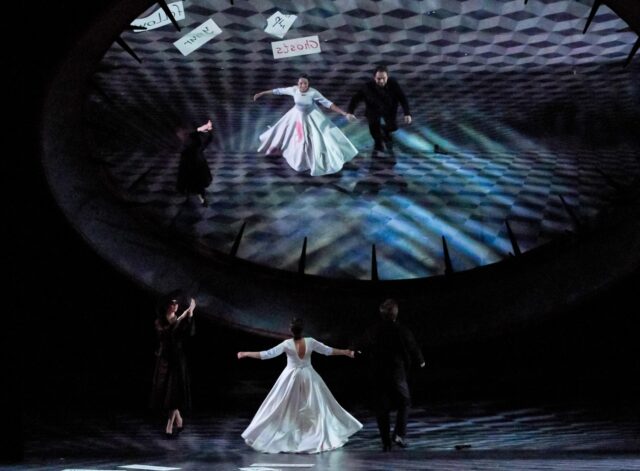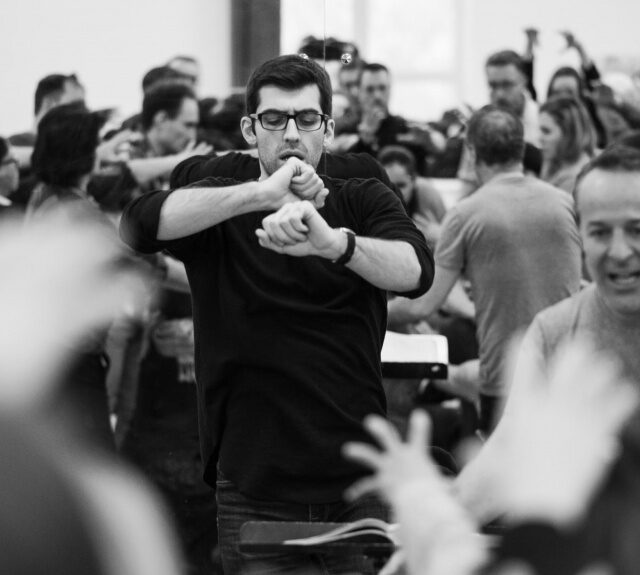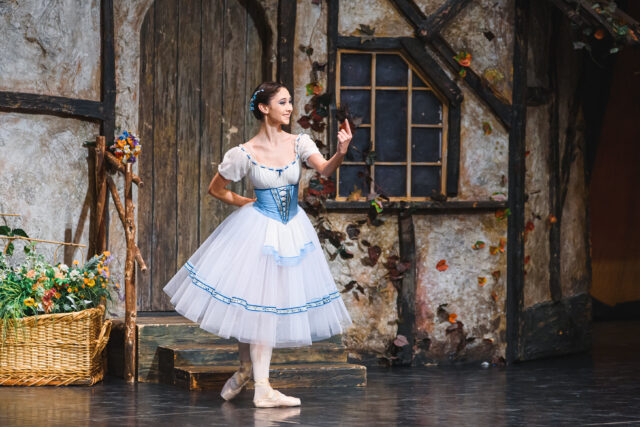Tolerance is somehow considered a new idea in Europe, a concept which has destroyed the continent. And when Europewas strong, powerful, and beat the Turks, there was no tolerance at all. What rubbish! At the Golden Mask Festival, the Perm Opera and Ballet Theatre has just performed Mozart’s opera Cosi Fan Tutte. In order to test the faithfulness of their fiancées, two Italian noblemen dress up as rich Albanians, and on the second day their betrotheds acquiesce to the love of the disguised men.
In Mozart’s time, the border between civilizations passed through the Adriatic, just as now it passes throughGibraltar. The Albanians — who were therefore from the Ottoman shore — are not only different men, but also representatives of a whole other world, a completely different culture. Clearly, not only European men, but also European culture has since changed. However, in the finale, the moderator of the discussion, Don Alfonso, says: what did you expect, anyone would do the same. You love them, so accept them as they are. Even though they have just been unfaithful to you with the Turks. And so they accept them. There are clearly two layers of tolerance here — in terms of both sexual morality and multiculturalism.
Teodor Currentzis staged the perfect opera with the Perm Theatre — it was perfectly sung by the actors on stage, and perfectly played by the orchestra in the pit. Mozart himself could not have played it better.
German opera star Simona Kermes sang the role of one of the fiancées. Everyone knows that a classical female singer is someone who stands in a long, flowing dress with an otherworldly gaze. Sometimes she may bring her hands to her chest, but then her eyes roll all the more. But this has long not been the case — we have been duped by our childhood memories. Our classical singers are now the same age as us — 30–40 years old. Some, I am afraid to say, are all of 25. And they behave accordingly. Just like us, they treat clasping one’s breast and rolling one’s eyes with amusement. Simona Kermes is no exception. Her favourite music to chill out to at home is Rammstein. Thus, when she sings the role of Fiordiligi, Simona does not clasp her hands; on the contrary, she presses her elbows to her sides and moves them to the beat, or bends her knees slightly and moves with her hips. She shakes her head, and rhythmically shifts from one foot to the other. Sometimes, she taps her heel on the floor to the beat, and turns this way and that, with an expressive grimace. If you switched off the sound, you might think that Russian rock artist Zemfira was singing. Father Vsevolod Chaplin rightly said that Mozart was the Britney Spears of his day. And the Rammstein of his day, too. It all depends on the key.
And so Simona Kermes flew to the Urals to work with the absolutely brilliant Greek conductor Currentzis, who migrated there fromNovosibirskand now spends half the year inPerm, and the rest flying betweenGermanyandEngland. German director Matthias Remus has come to stage Mozart with a German lighting director, and the maid is sung by Anna Kasyan, an Armenian singer born in Tbilisi, but now living in Paris, since it makes it easier for her to travel to the best French theatres where she is offered roles. And all this with soloists, choir, and orchestra from the Perm Opera Theatre itself, which sound better than any competitors from Salzburg or Vienna — I have heard them recently, so I can confirm that.
When you watch this perfect Mozart from the Urals, bringing together Russian performers and artists from all over Europe, you think: how on Earth are we not part ofEurope? We are a fine example ofEurope. And how well we can do everything — no worse than anywhere else. Better, in fact. What a wonderful European country we would be, if only we acted the same way in everything else: if, rather than being weighed down by our ‘special path’, rather than getting side-tracked by nothing at all, and rather than watching who is from where and from whom, we simply introduced Mozart — into business, into how we run the country, into religion, into work, into free time, and into our personal lives. Doing everything exactly as Mozart was performed in the Urals. Everything would work out just as wonderfully. It is perfectly simple; we just need to do the same as everyone else.
Alexander Baunov



